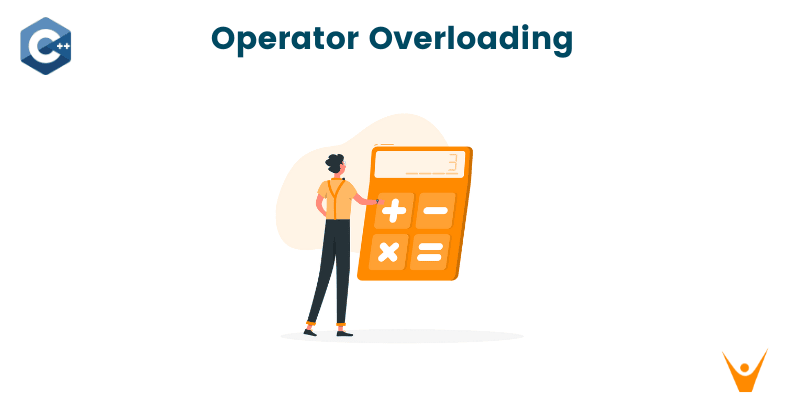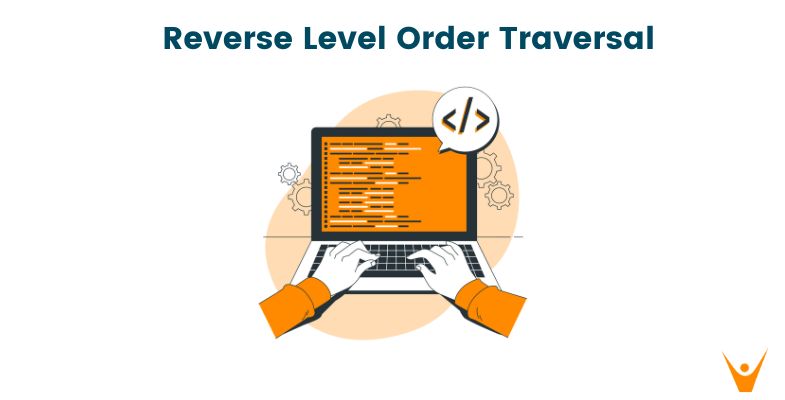In C++, operator overloading allows you to redefine the behavior of operators for user-defined types. In this article, we will explore the concept of operator overloading in C++, including its types and how to use it in your C++ programs.
What is Operator Overloading in C++?
Operator overloading in C++ is the ability to redefine the behavior of existing operators to work with user-defined types. It is a powerful feature that enables you to extend the functionality of operators to work with custom objects.
By overloading operators, you can provide custom implementations for operations such as addition, subtraction, comparison, and more, making your objects behave as if they were built-in types. This allows for a more intuitive and natural representation of operations involving your custom objects.
Syntax of Operator Overloading in C++
To overload an operator in C++, you need to define a function that implements the desired behavior for the operator. The function should have a specific name and signature based on the operator being overloaded.
The general syntax for operator overloading is as follows:
return_type operator symbol (parameters) {
// Implementation of the operator behavior
// ...
}
Here, `return_type` specifies the type of the value returned by the operator overloading function. `operator` is the keyword used to indicate operator overloading, followed by the `symbol` of the operator being overloaded. The `parameters` represent the operands on which the operator is being applied.
Let's illustrate the syntax with an example of overloading the addition operator (+) for a custom class named `Vector`:
class Vector { public: int x, y; Vector operator+(const Vector& other) { Vector result; result.x = this->x + other.x; result.y = this->y + other.y; return result; } };
In this example, we overload the addition operator (+) for the `Vector` class. The `operator+` function takes a const reference to another `Vector` object as a parameter and returns a new `Vector` object. The implementation of the function performs the addition operation for the `x` and `y` components of the vectors and returns the result.
Types of Operator Overloading
C++ allows operator overloading for a wide range of operators, including arithmetic operators, comparison operators, assignment operators, and more. Some common operators that can be overloaded in C++ include:
- Arithmetic Operators: `+`, `-`, `*`, `/`, `%`
- Comparison Operators: `==`, `!=`, `<`, `>`, `<=`, `>=`
- Assignment Operators: `=`, `+=`, `-=`, `*=`, `/=`, `%=`
- Increment and Decrement Operators: `++`, `--`
- Subscript Operator: `[]`
- Function Call Operator: `()`
- Stream Insertion and Extraction Operators: `<<`, `>>`
Rules to Follow
When overloading operators in C++, it is essential to follow certain rules to ensure proper usage and maintain consistency. Here are some key rules to keep in mind:
- Overloaded operators must have at least one operand of a user-defined type.
- Precedence and associativity of operators cannot be changed through overloading.
- Overloaded operators cannot alter the number of operands.
- Overloaded operators retain their original meaning for built-in types.
- Some operators, such as the dot operator (`.`) and
- The ternary conditional operator (`?:`), cannot be overloaded.
C++ Program
To use operator overloading in your C++ program, follow these steps:
- Define a class for which you want to overload an operator.
- Implement a member function or a non-member function that defines the behavior of the operator for the class.
- Use the overloaded operator with objects of your class as operands.
Here's an example of using operator overloading to add two `Vector` objects:
#include class Vector { public: int x, y; Vector(int x, int y) : x(x), y(y) {} Vector operator+(const Vector& other) { Vector result(x + other.x, y + other.y); return result; } }; int main() { Vector v1(1, 2); Vector v2(3, 4); Vector sum = v1 + v2; std::cout << "Sum: (" << sum.x << ", " << sum.y << ")" << std::endl; return 0; }
In this program, we define a `Vector` class and overload the addition operator (+) using the `operator+` member function. We create two `Vector` objects, `v1` and `v2`, and add them together using the overloaded operator. The result is stored in the `sum` object and printed to the console.
Conclusion
By overloading operators, you can extend the functionality of operators to work seamlessly with your custom objects, providing a more intuitive and expressive programming experience. You can now leverage operator overloading effectively to enhance the usability and readability of your C++ code.








